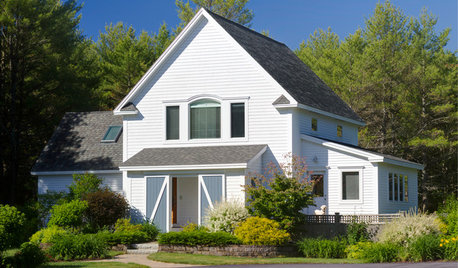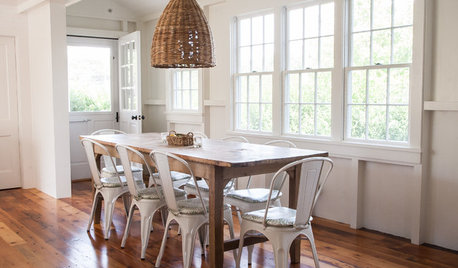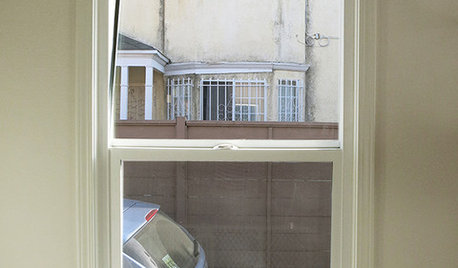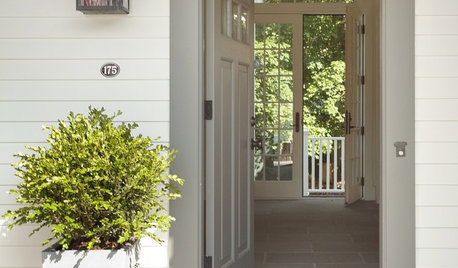Purchasing a home with cash - bad idea?
babyv7
17 years ago
Related Stories

DECORATING GUIDES7 Home Purchases Worth the Splurge
Make buyer's remorse over furniture, textiles and more a thing of the past with this wise purchasing advice
Full Story
REMODELING GUIDES7 Bad Things Your Home May Be Hiding
What you don't know about your home could cost you during a remodel. Here's what to plan for
Full Story
MOVINGTips for Winning a Bidding War in a Hot Home Market
Cash isn’t always king in a bidding war. Get the home you want without blowing your budget, using these Realtor-tested strategies
Full Story
BUDGET DECORATING15 Ways to Ready a Summer Home on the Cheap
Set up a comfy getaway where stress goes down the drain, without sending wads of cash along with it
Full Story
WINDOW TREATMENTS6 Ways to Deal With a Bad View Out the Window
You can come out from behind the closed curtains now. These strategies let in the light while blocking the ugly
Full Story
LIFE6 Ways to Cool Off Without Air Conditioning
These methods can reduce temperatures in the home and save on energy bills
Full Story
HEALTHY HOMEEasy Green: Weekend Detox for Your Home
A few small changes to your home over the weekend can help improve your health (and your cash flow) every day
Full Story
HEALTHY HOME6 Tips From a Nearly Zero-Waste Home
Lower your trash output and increase your quality of life with these ideas from a mom who did it to the max
Full Story
MOST POPULAREasy Green: 23 Ways to Reduce Waste at Home
Pick from this plethora of earth-friendly ideas to send less to the landfill and keep more money in your pocket
Full Story
DESIGN PRACTICEDesign Practice: Start-up Costs for Architects and Designers
How much cash does it take to open a design company? When you use free tools and services, it’s less than you might think
Full Story





clemrick
cpowers21
Related Discussions
Cute ideas to Give Cash??
Q
Cash for house and college financial aid
Q
cash out refi - good idea?
Q
Is Aspen Leathered granite a bad idea for my new home?
Q
kurtg
feedingfrenzy
babyv7Original Author
chispa
kitchenshock
ma28
housenewbie
chiefneil
chisue
babyv7Original Author
kaleberg
brickeyee
mfbenson
kudzu9
terezosa / terriks
feedingfrenzy
kudzu9
feedingfrenzy
kudzu9
feedingfrenzy
feedingfrenzy
galore2112
kitchenshock
kudzu9
rosie_2006
feedingfrenzy
probookie
chiefneil
brickeyee
feedingfrenzy
raee_gw zone 5b-6a Ohio
sparksals
feedingfrenzy
sparksals
feedingfrenzy
sparksals
brickeyee
sparksals
brickeyee
chisue
sparksals
chisue